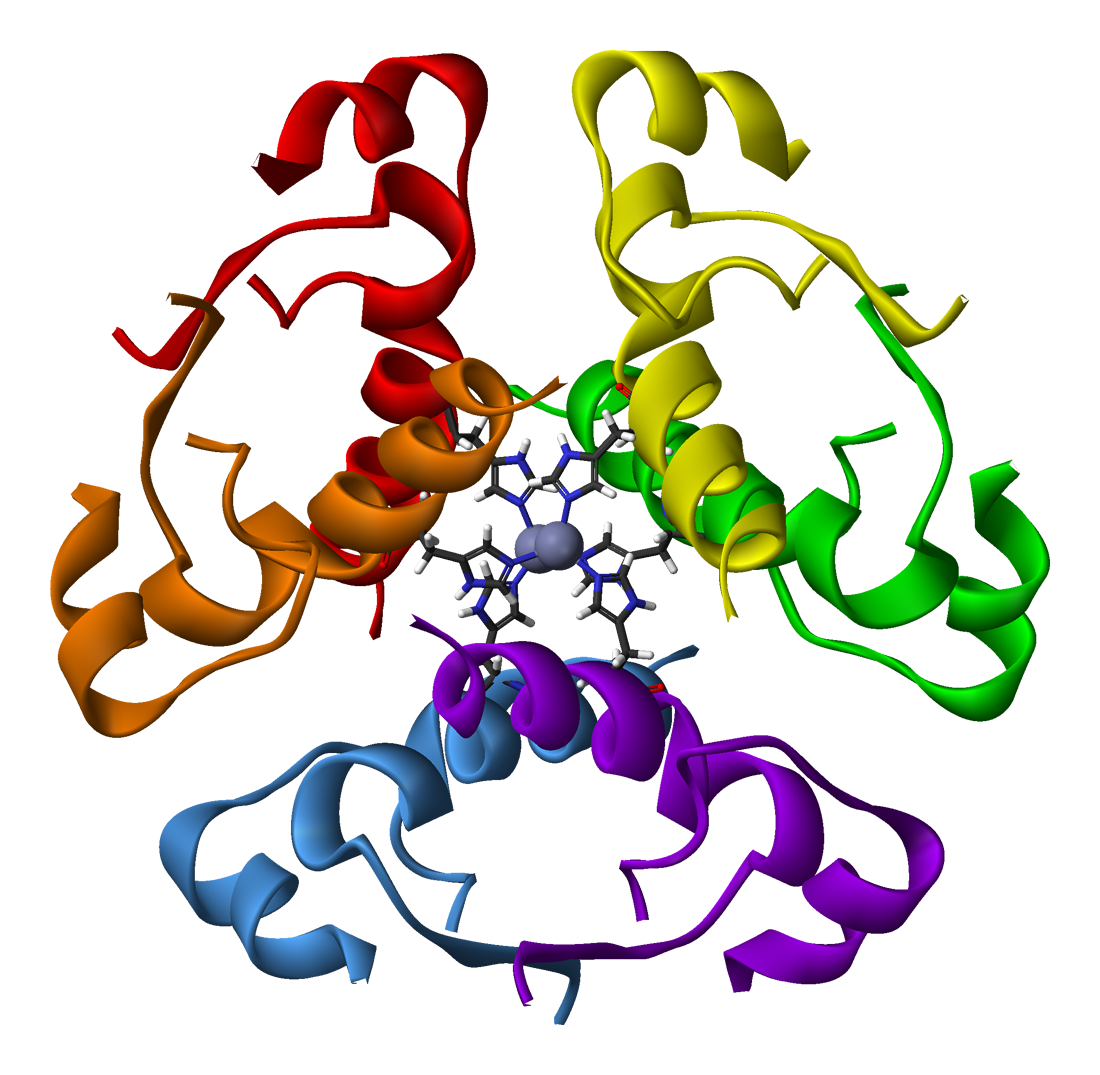The calories vs. hormones debate for shrinking fat cells: It’s both…and it varies from person to person, season to season

So there are pro-macro and anti-macro tribes out there, each with valid arguments. (If you’re not up on the lingo, when a fitness-y person asks “what are your macros?”, they are asking what your daily calories are from carb/protein/fat).
On the “pro-macro” side, visiting sites like keto calculator, entering your info, and carefully tracking macros with an app like MyFitnessPal is a fantastic way to get introduced to various diets (e.g. ketogenic diets) and carefully watch what you eat.
Some people even follow their macros ad infinitum and successfully trim down and feel great. More power to ‘em.
On the anti-macro side (which is growing larger these days by former “pro-macro” members and clinicians watching patients follow macros), there is an understanding that calories on the plate do not equal calories digested (e.g. microbiome and intestinal wall nuances), which in turn do not equal calories used for fuel (e.g. when stuff needs to get built like muscle and other cells/tissue).
What people find most helpful — and what I’d recommend — is to dig into as much of underlying science as possible, study how hormones like insulin, glucagon, adrenaline, etc… do their thing, and then adjust personal diet/fitness accordingly based on what your body is up to at any given time/season.
The high-level advice regarding full-on ketogenic dieting then — for those interested — is “low-carb, mid-protein, fat-to-satiety.”
As it turns out, this fuzzy description works pretty dang well because people end up personalizing it and adjusting as needed. Over time they notice how caloric intake and food composition tends to vary from day-to-day, week-to-week, and season-to-season.
In short, because there are so many variables at play, it’s impossible to give specific advice that works for everyone (or heck, even for “most” people).
To dive even deeper into the science as an example, for those that haven’t yet read the recent article here on KetoSchool yet or read my summary on Facebook, let’s look at how fat cells shrink. The short version is essentially this:
Fat cells shrink because hormones like adrenaline request energy when insulin levels are low.
That pretty much sums it up.
The longer version is essentially the following six points from the article:
(1) Slicing up triglycerides and getting them out of fat cells (aka “lipolysis”) is a hormone-driven process. This is important to understand because simply counting calories and/or following macros can be ineffective (not to mention hard to pull off). Hormones win the day one way or another.
(2) The hormones that induce lipolysis (e.g. adrenaline) are easily counteracted by the even-more-powerful hormone insulin, so carefully controlling insulin release is critical for any diet/fitness plan.
(3) Unless you are a type I diabetic, insulin levels rise in proportion to blood-glucose levels. The more insulin-insensitive you are, the more your pancreas cranks out insulin in response to glucose, making it harder to induce lipolysis and derive energy from fat.
(4) Blood glucose levels rise in response to ingested carbs. The more processed/refined these carbs are (e.g. straight-up sugar or high-fructose corn syrup), the higher the glucose concentration in your blood becomes.
(5) In order to shrink fat cells over time, the lipolysis that occurs while insulin levels are down must outweigh the fat storage that occurs when insulin levels are up. Most people find that lowering the carb-to-fat ratio in their diet helps. To reiterate, fat-burning is entirely hormone driven; the process can be easily disrupted by things like bad sleep, stress, and hydration issues.
(6) Regular exercise is an effective strategy for shrinking fat cells mainly because of how it changes your hormone levels (e.g. increased adrenaline and decreased insulin) and alters your biochemistry to effectively derive energy from fat. Unless you massively increase exercise activity, you won’t notice any change in your body fat % … unless you change your diet to allow your hormones to shift into a fat-burning mode to effectively burn the calories you consume (which, BTW, will naturally increase in response to increased exercise, explaining why working out without changing your diet rarely “works”).
Thus, in summary, if your body needs (and stores) less energy than it burns, you will lose weight. However, pulling this off is not always as simple as following macros, because the calories that get into your blood stream and are actually used or stored for energy are regulated by hormones, which is a process that varies from person-to-person, season-to-season.
Author’s note: for an interesting discussion of this article, check out this cross-post on Reddit I published a few days ago. Also, if you’re interested, some friends and I are following personalized diet/fitness plans in concert with health care professionals in order to get healthy and — for some — try to show some abs by the summer. We spun up Six Pack By June accordingly. Check it out. Also, feel free to subscribe to my newsletter and I’ll let you know when I get new content up (I write mostly about startup/tech stuff, but occasionally I’ll write articles on topics like this). Let’s keep the conversation going. Thanks!